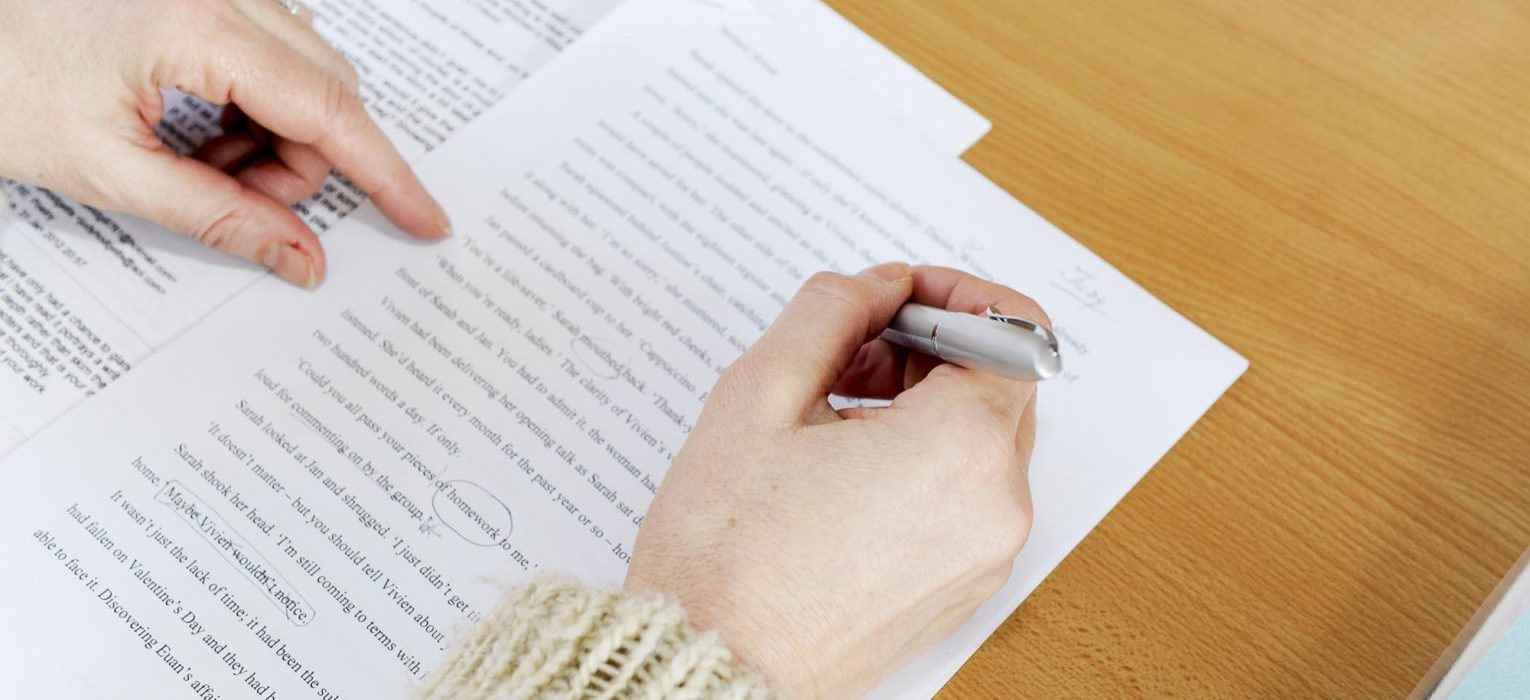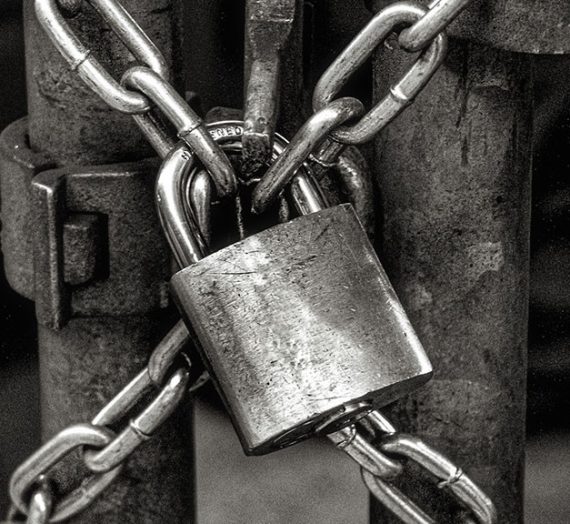Research suggests that audiences prefer copyedited articles.
In an age when almost everyone has access to the internet, online publishing is easier than ever. With this increased access to publishing, the journalism industry has taken a financial hit. To be able to compete in such a fast-paced environment, many journalism companies have opted to remove the role of copyeditors and consolidate the editing process. Journalism now mainly focuses on quick writing and publishing across online platforms. With this shift in the journalism industry, copyeditors and journalists question whether the writing still conveys professionalism and meets the readers’ expectations.
THE RESEARCH
In his article “Audience Perceptions of Editing Quality,” Fred Vultee (2015) conducts research to determine whether copyediting makes a difference to readers. Vultee recruited participants using a research pool at an urban midwestern university. The participants were given eight different articles—four that were copyedited and four that were not copyedited. After reading the articles, the participants were asked to respond through Likert scales with 1 being strongly disagree and 7 being strongly agree. Specifically, Vultee was seeking to examine the following research questions:
- Is editing overall associated with improved perceptions of professionalism, organization, writing, and value?
- What demographic characteristics are associated with perceptions of editing quality?
- What media use habits are associated with perceptions of editing quality?
- What attributes of news articles are associated with a perception of value?
Answering the first research question, the results indicate that edited articles were perceived as more professional, more organized, more well written, and of better value. In response to question two, age did not play a big role in perceptions of editing quality, but gender did: male respondents didn’t see a huge difference between the edited and unedited articles while women saw unedited articles as less valuable. In response to question three, both people who get their news from the internet and people who watch a lot of TV prefer articles that are edited and organized for online publishing standards. Lastly, increased writing quality—elimination of typos and grammatical mistakes—had a big influence on the perception of value.
“Editing does not make every article look better to everyone, but it makes enough articles look better enough to enough people.…A small intervention at the traditional editing stage of the publication process is likely to make any article more appealing to someone.”
—Fred Vultee (2015)
THE IMPLICATIONS
Although participants gave a wide range of responses to the articles, Vultee concluded that “editing does not make every article look better to everyone, but it makes enough articles look better enough to enough people.…A small intervention at the traditional editing stage of the publication process is likely to make any article more appealing to someone” (845).
The results suggest that there are many people who see the value of edited articles; therefore, there is a need for copyeditors within the field of journalism. This result likely has implications for fields outside of journalism as well. While the content and form of a manuscript may look different based on the medium, publishers can assume that most readers appreciate well-edited work. Therefore, no matter the genre, copyeditors are still needed to improve the value and delivery of writing.
To learn more about the study that was conducted by Fred Vultee, read the full article:
Vultee, Fred. 2015. “Audience Perceptions of Editing Quality.” Digital Journalism 3 (6): 832–849. https://doi.org/10.1080/21670811.2014.995938.
—Rebecca Youngs, Editing Research
FEATURE IMAGE BY WORKINGHAM LIBRARIES
Find more research
Take a look at Kenzie Holbrook’s Editing Research article to learn about copyediting in online news: “How Important Is Copyediting in Online News?”
Read Resa A. Roth’s (2019) article to find out about copyediting in the peer-review process: “Understanding the Importance of Copyediting in Peer-Reviewed Manuscripts.” Science Editor 42 (2): 51–54.
Read Edward Wates and Robert Campbell’s 2007 article to learn about the differences of editing between authors and copyeditors: “Author’s version vs. publisher’s version: an analysis of the copy-editing function.” Learned Publishing 20 (2): 121–129. https://doi.org/10.1087/174148507X185090





Content Editors and Workshopping Technical Writing - Editing Research
[…] Abby Call’s Editing Research articles for more tips on the importance of Copy editing: “Why Copy Editors Are Still Needed,” and “What Is a ‘Light Copyedit’? Navigating the Terms of […]
Do Editors Read Differently Than Non-Editors? - Editing Research
[…] Take a look at Rebecca Youngs’ Editing Research article for more insights about the value editors bring: “Why Copyeditors Are Still Needed.” […]